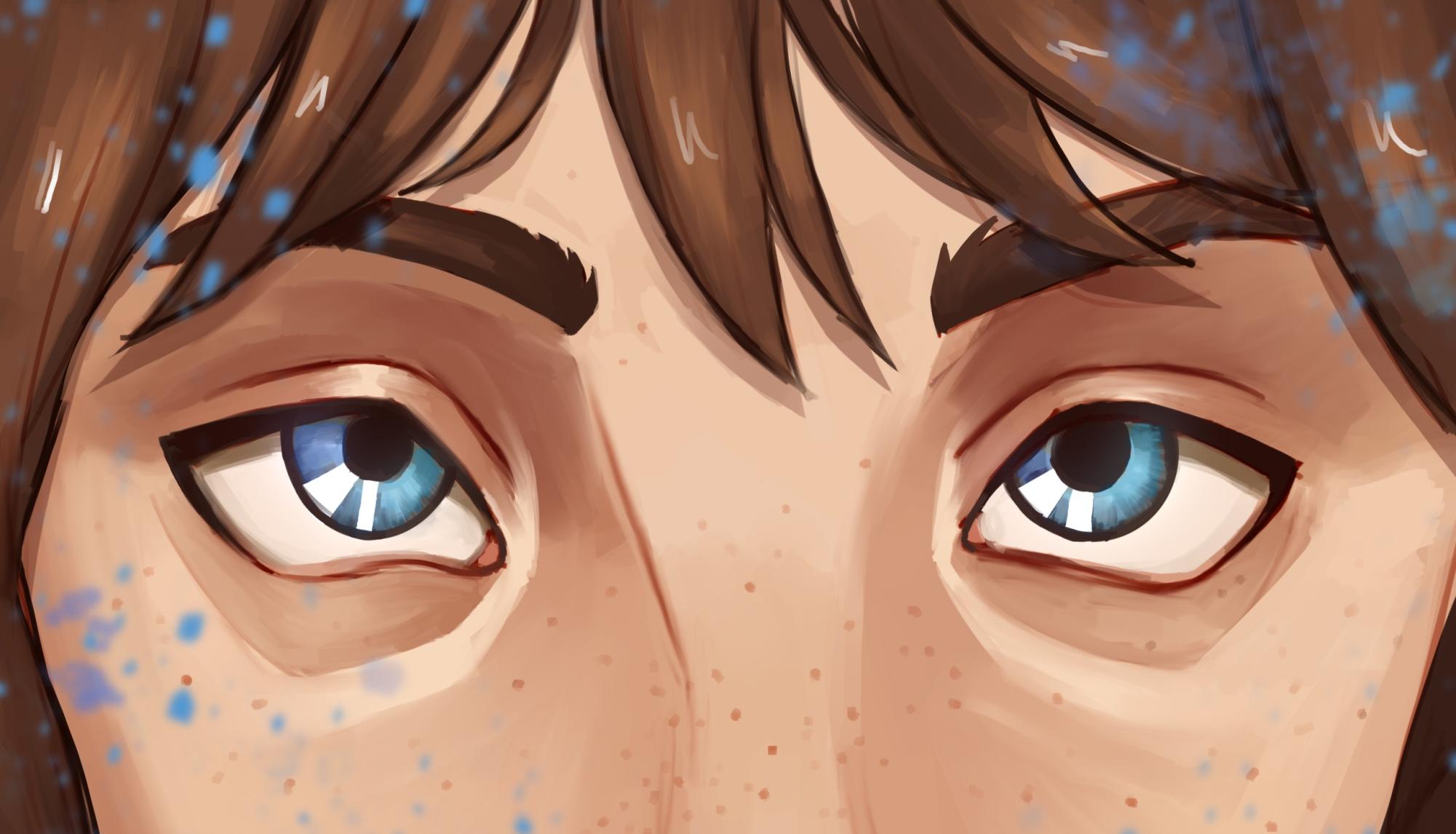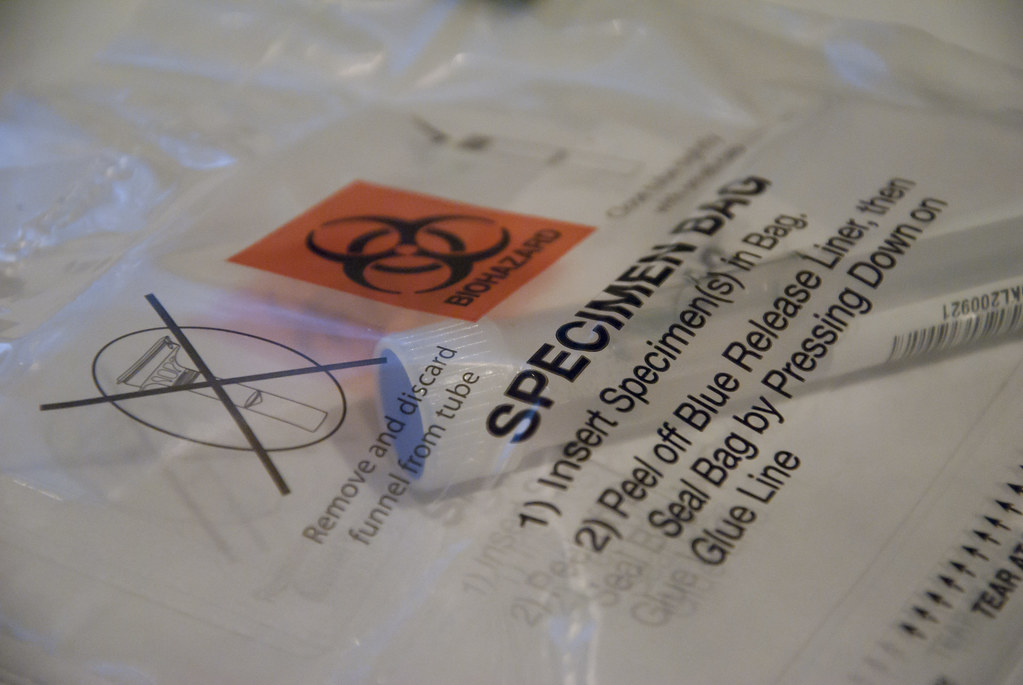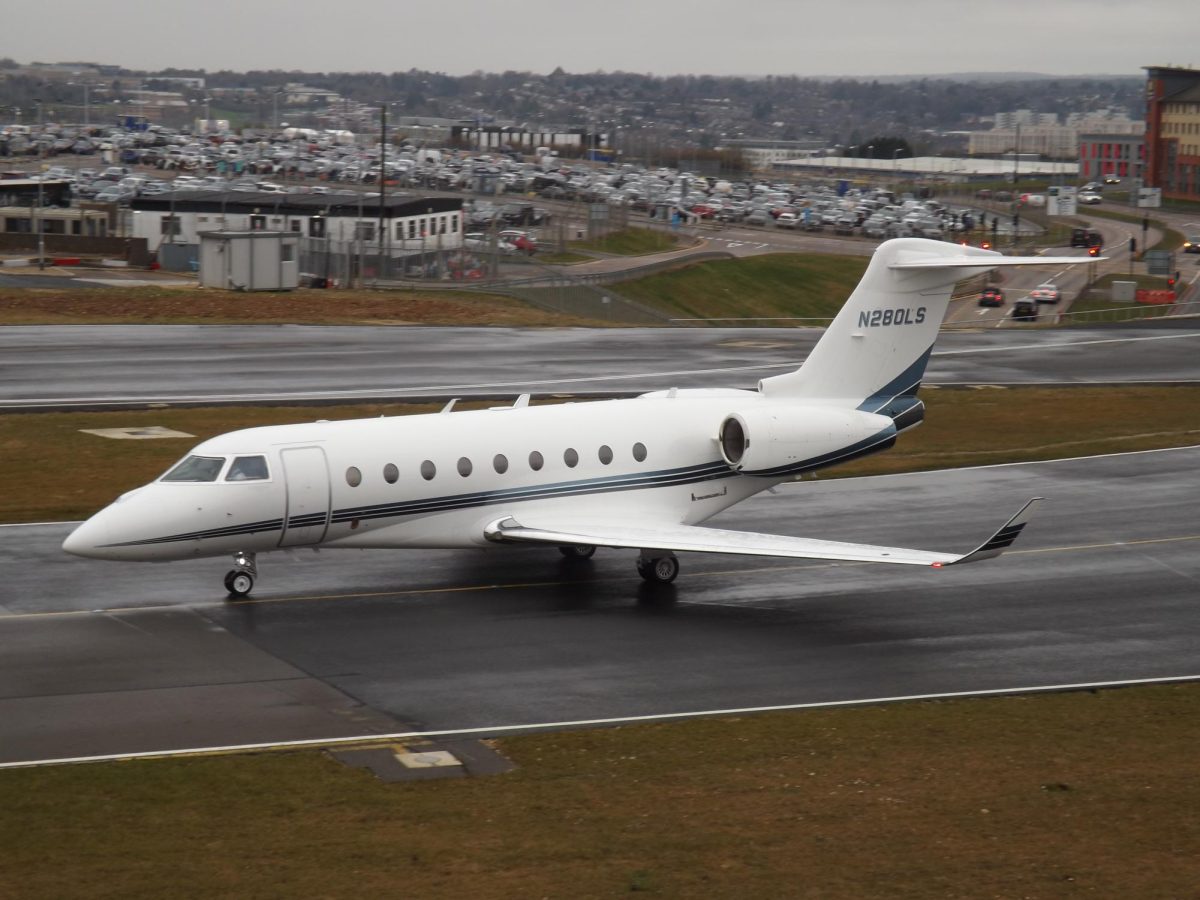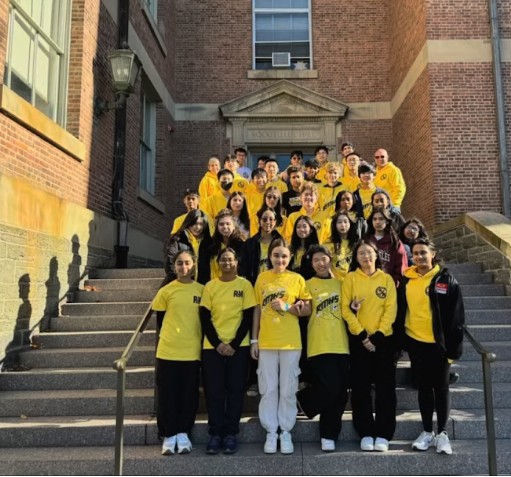In the field of biology, scientists have discovered a multitude of intriguing new information. Among them include the effects of mutations on genetic sequences. These differences are where the variations in our physical traits stem from.
According to Learn.Genetics, alleles are different versions of the same genes that are created by mutations. They are important because variations help populations survive by eliminating certain traits that hinder survivability. However, losing the function of a gene does not always affect an organism’s health or physical appearance because of how many genes we have that perform the same functions.
In addition, the process of mutation also creates neutral variations like differences in eye color and blood types, making it impossible to tell which allele was the “normal” one and which allele stemmed from a mutation.
According to the National Center for Biotechnology Information (NCBI), a mutation is a change in the nucleotide sequence of a short region of a genome. They result from errors in DNA replication or from the damaging effects of mutagen like chemicals and radiation.
As described in Understanding Evolution, substitution, frameshift, insertion and deletion are all different types of mutation. A substitution exchanges one base for another, which could cause an incomplete protein, a silent mutation, or alter a single amino acid in the protein produced. Frameshifts happen when insertions and deletions alter a gene so that its message is no longer correctly parsed. Insertion and deletion happen when extra base pairs are inserted or deleted in a section of DNA.
Other than a silent mutation, all the other mutations will result in a genetic variation that is then reflected in the physiological characteristics of an organism. An example of a mutation includes gene mutations that can affect brain development, resulting in impaired learning. Other organisms like plants and animals can also have mutations that affect physical traits like color or the survivability of the organism.
Somatic cells are any cell of a living organism other than the reproductive cells. These cells do not pass on copies of the genome to future generations, so the mutation will not have an evolutionary impact. Mutations in somatic cells also usually do no harm other than when it malfunctions and poses a threat to the organism in cases like tumors.
On the other hand, mutations in germ cells can be transmitted to future generations and will be present in all of the cells of the inheritor. These mutations can result in the loss or gain of a function, with the mutation being recessive and dominant, respectively.
In contrast to mutations that happen naturally, scientists have also created a new gene-editing technique that causes DNA base mutations. Human genome editing can be beneficial in eradicating genetic diseases, but there have been many discussions related to its ethical side.
Sophomore Sophie Huang has a personal connection in relation to this prompt. “As the family member of someone who has been diagnosed with a rare genetic disease, I have seen firsthand the impacts it could have on a person’s life…I believe that it is super important innovative technology is developed to aid and increase their qualities of life. This would included [sic] gene mutations, mutating back to what they ‘should be.’ There might be side effects, but if the benefits outweigh the harms, I believe it should be something developped [sic] and put into practice.”
In response to using genome-editing to alter physical appearance, Huang felt that “it is more arbitrary: there are already technologies developed such as plastic surgery, that can modify your appearances not on a genetic scale.”
If you would like to voice your opinion on an issue you feel is relevant to our community, please do so here. Anyone is able and welcome to submit a Letter to the Editor, regardless of journalistic experience or writing skills. Submissions may be published either online or in a print issue.









